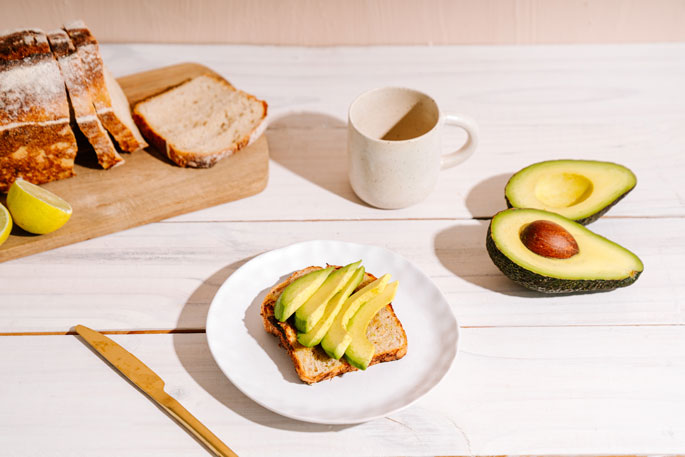Kiwis are being encouraged to consume more fresh produce with a high water content to boost hydration.
World Fruit & Vegetable Day is celebrated by 30 different nations who are members of AIAM5* (an international alliance for associations who promote consumption of fruit and vegetables to enhance global health).
The annual initiative reinforces a United Nations’ key message that what we eat, and how food is produced, all affects scarce water resources.
People can make a difference by choosing to eat local, seasonal, fresh foods and reducing food waste, as well as preventing water pollution.
Aotearoa will be the first country to mark World Fruit & Vegetable Day on October 20 promoting this year’s international theme, “Eat more fruit and vegetables. More hydration. More life.”
5+ A Day Trustee and Principal Scientist and Team Leader at Plant and Food Research, Dr Carolyn Lister, says proper hydration is essential for good health.
“Drinking water is very important to maintain your energy, look after your skin and optimise your heart and muscle function. But many fresh foods naturally contain lots of water too so are important to include in your daily diet.”
Cucumber, tomato, celery, lettuce, courgette, watermelon, strawberries and avocado all have a high water content. In addition, they contain minerals like potassium and magnesium which are important for water and electrolyte balance.
“Consuming foods that are a good source of potassium, like avocado and tomato, can counteract the effects of sodium and help remove it from the body, thus maintaining good hydration.
“Fruit and vegetables are also naturally low in sodium which is a mineral we need, but don’t need too much of.”
Cucumbers have been used for centuries to quench thirst as they contain over 95 per cent water. They are directly related to watermelon which is a good source of potassium and vitamin C, and similarly contain over 90 per cent water.
Lettuce provides important nutrients like folate and dietary fibre, as well as a high amount of water (95 per cent). This combination makes lettuce low in calories as well as providing a hydration boost.
Tomatoes contain potassium and many different phytonutrients which provide a wide range of health benefits.
Anyone who has grated courgettes before will know how much water can be squeezed out of them before adding them to a recipe. Celery, strawberries and slices of melon all make refreshing summer snacks due to their high water content.
“Water use is an important part of growing, harvesting and preparing fruit and vegetables.
“This precious resource is not infinite so we need to stop taking water for granted and start improving the way we use it in our daily lives. Being aware of alternative sources of hydration – such as consuming certain fruit and vegetables – is a good step towards achieving that goal.”



0 comments
Leave a Comment
You must be logged in to make a comment.